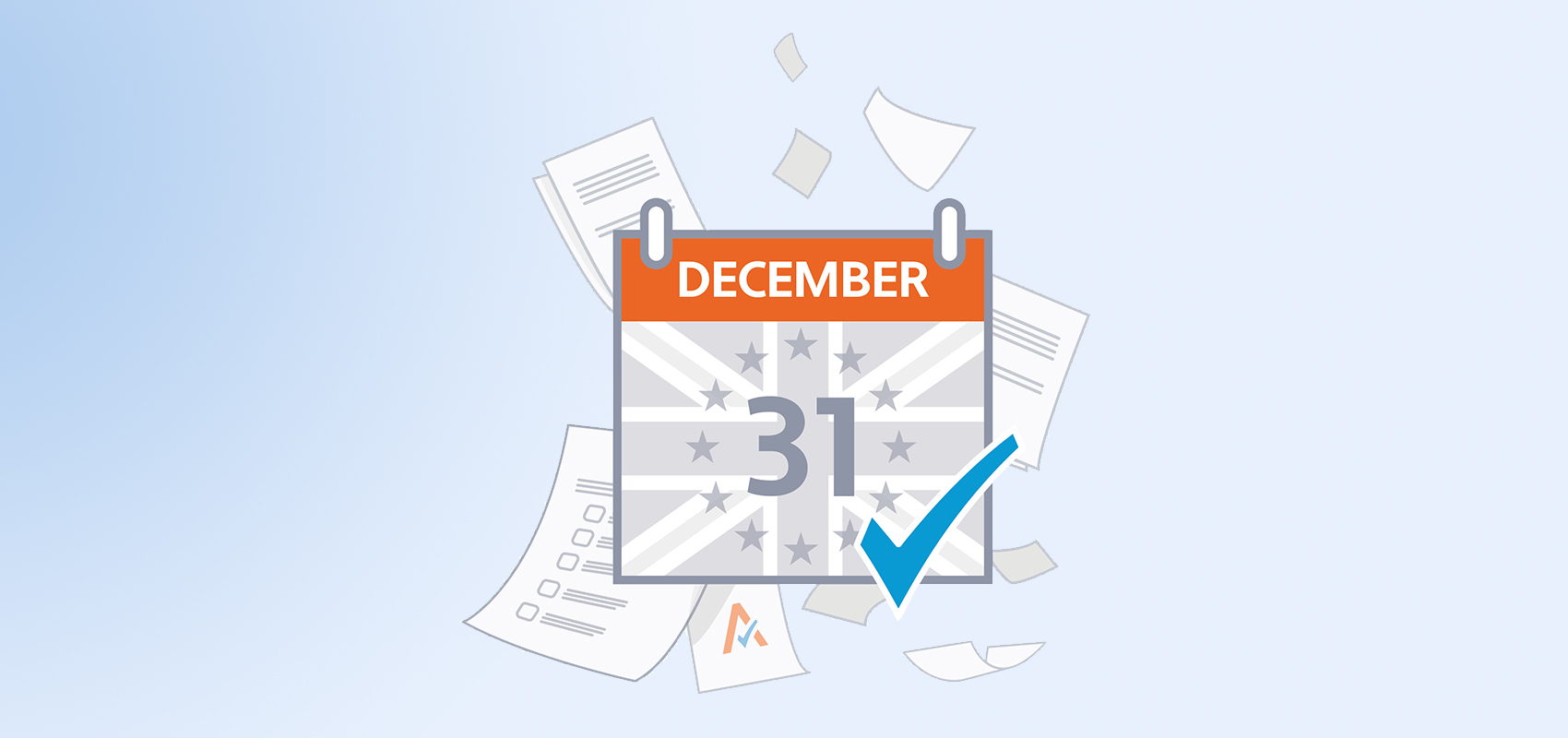Brexit EU VAT & customs options for UK ecommerce sellers
- Jan 1, 2021 | Richard Asquith

UK ecommerce sellers face hard choices on taxes and customs if they want to keep selling to EU consumers in 2021 following the end of the Brexit transition period. Import VAT and customs declarations are due for the first time. Failure to address them now will mean extra taxes, delayed shipments and frustrated customers. UK sellers can also no longer rely on the EU distance selling thresholds - they must register immediately if they are selling goods to EU consumers.
A Brexit free trade deal with no goods tariffs or quotas was announced 24 December 2020.
Contact Avalara’s Brexit Team who can explain the details. There are lots of actions you can take to avoid import VAT and delivery delays. Avalara can detail the best ones for your business. You can check UK Brexit VAT for EU and US ecommerce sellers here.
Four choices for your EU VAT and customs
Below are four options for sellers. Remember, any marketplace you are using may restrict these choices to secure their own customers’ best experience - see option 4. A further issue is where to clear the goods into the EU if you chose importer of record in the below options. This is covered after this Options section.
| Options after Brexit | Pros and cons | |
| 1. Make your EU customer the importer of the record | Your EU customers will have to pay the freight delivery company the import VAT. | This is the easy option for you, the seller. But means an awful seller experience and probably no repeat business. You may have to accept the goods back at extra costs and lost income. Many EU customers will spot that you are intending to do this and just shop elsewhere. |
| 2. You clear the goods into the EU at sale | You will have to VAT register in the EU country of your customer. Remember – there are no more distance selling thresholds after Brexit. You then pay the import VAT to clear the goods into the country (see comments below on country choice). You then sell the goods to your customer at the local VAT rate. You then offset the import VAT and sales VAT in the foreign VAT return. You’ll also have to make a customs declaration and pay any tariffs. But your freight forwarder can help with that. If you are importing into the EU, you must be a resident business with an EORI for certain Customs issues, including the declarations. You may require an import customs representative. | This is a much better and seamless customer experience. This effectively reinstates the uninterrupted flow of goods that existed before Brexit. However, you will have customs and VAT compliance costs to worry about. But the good news is most EU countries have good deferred import VAT schemes, called Postponed Accounting. These let you avoid the cash payment of EU import VAT. |
| 3. EU customer clears but you pay import VAT any tariffs | A mix of 1. and 2. Legally, you make your customer the importer of record. But you pay any customs and import VAT via the freight forwarder. This is sometimes callled 'DDP with agent' or 'Buyers Agent'. | This brings the good experience of 2 – your customer doesn’t have to worry about settling VAT or tariffs. Plus, like 1., you don’t have to bother getting VAT registered and doing filings. But you will need to obtain a Power of Attorney from your seller, which adds to the checkout process time. If you don’t want to lose the VAT you’ve paid, you’ll need to charge the customer in the checkout - getting this right live is complex and you will need to automate it. Also, the EU is reforming ecommerce in July 2021, and may limit this option in some EU states. |
| 4. Hold cleared goods somewhere in EU | You ship and clear some of your popular goods into the EU, and hold in rented warehouse space as a fulfilment centre for your EU sales. If you are using a marketplace, they will likely insist you do this anyway to avoid being blocked. | This involves an immediate inconvenience and cost of having to ship large quantities of stocks, and holding them in the EU. But, after that, it’s all very much as today in terms of VAT – and you don’t have to complete customs declarations (as you would in 2.) each time you make a sale. You will still need foreign VAT registrations – certainly in the country where you hold the stocks. And then in the other countries but only when you pass the distance selling thresholds. But you can avoid the cashflow hassle of import VAT via Postponed Accounting (see above). Again, the EU will make this simpler from July 2021 with a single EU OSS VAT return. |
| Which EU country to clear the goods – avoid the import VAT cash trap! | |
| If you chose 3. or 4. above, and you will clear the goods into the EU, you will face a further decision on where to clear the goods. Countries like the Netherlands and Belgium offer very good VAT schemes – in addition to excellent transport links – if you clear your EU goods there. You don’t have to pay import VAT. Many freight forwarders will offer a good package around this. Instead, you may decide to import into France (Dover ferry; EuroTunnel) but chose to move the goods to another EU country before you clear them for import VAT and customs. Whilst an option, this creates more paperwork and means the VAT treatment is less favourable. For example you may have lots of German customers, but it does not offer a Postponed Accounting regime. So you will have to may import VAT. |
Contact Avalara’s Brexit Team who can explain the details. There are lots of actions you can take to avoid the worst of extra charges (e.g. avoiding import VAT) and delays. Avalara can detail the best ones for your business.
Need help with your UK VAT compliance?
Researching UK VAT legislation is the first step to understanding your VAT compliance needs. Avalara has a range of solutions that can help your business depending on where and how you trade.
Total results : 4
Union vs non-Union OSS: what’s the difference?
UK VAT Guide - Avalara
North America Country VAT Guide - Avalara
US 2021 sales tax updates for foreign businesses


